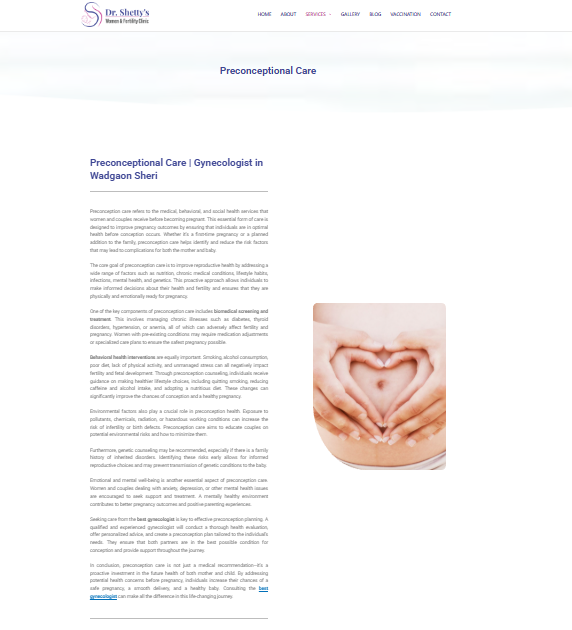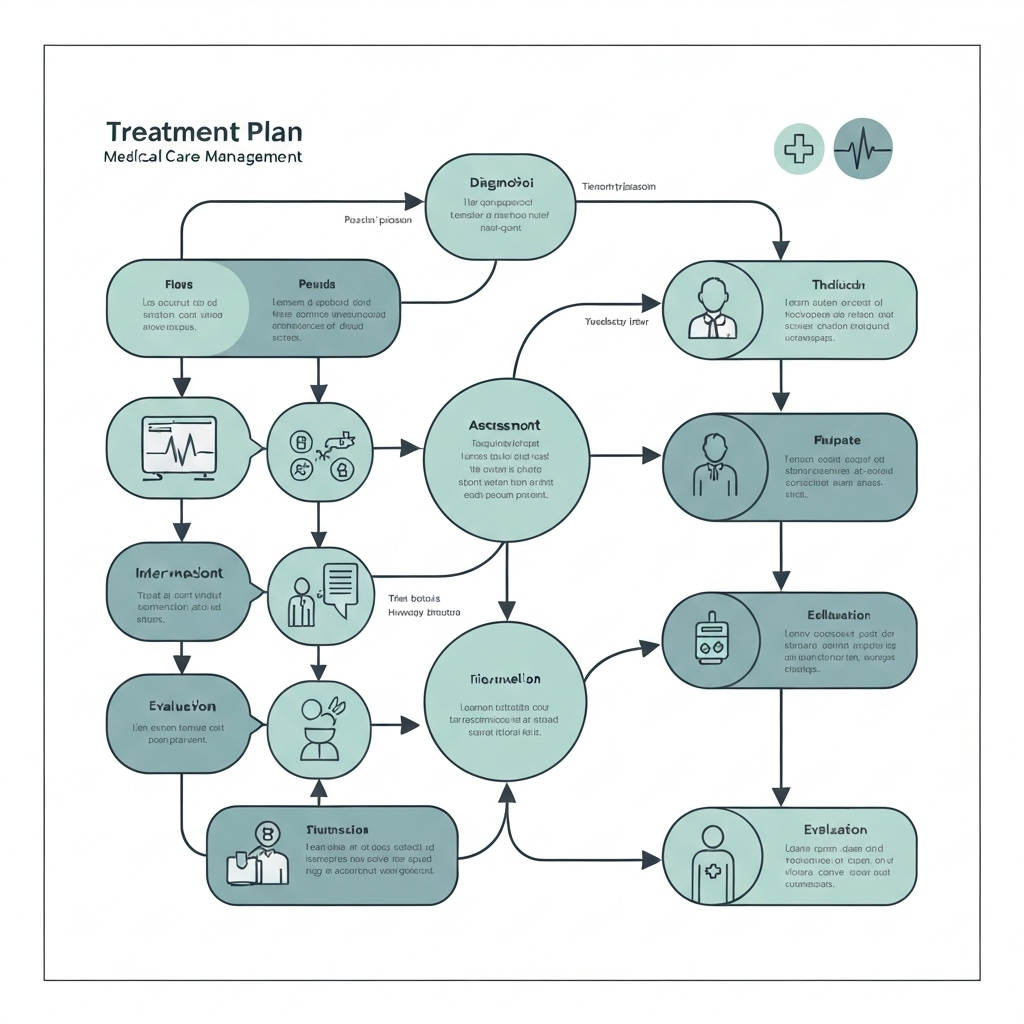Follicular Studies
Expert care and guidance from Dr. Meenal Warade, your trusted gynecologist.

About Follicular Studies
Follicular studies, also known as ovulation monitoring or follicle tracking, involve serial ultrasound examinations to monitor the development and release of eggs from the ovaries. This procedure is essential for understanding ovulation patterns, timing intercourse for conception, and managing fertility treatments.
The process involves tracking follicle growth, endometrial thickness, and hormonal changes throughout the menstrual cycle. This information helps identify the optimal time for conception, diagnose ovulation disorders, and guide fertility treatments such as intrauterine insemination (IUI) or in vitro fertilization (IVF).

Expert Consultation
Personalized care with comprehensive evaluation and treatment planning.

Advanced Technology
State-of-the-art equipment for accurate diagnosis and effective treatment.
Common Causes & Risk Factors
The need for follicular studies arises from various fertility-related concerns and treatment requirements. Women with irregular menstrual cycles, unexplained infertility, or suspected ovulation disorders often require follicle monitoring to understand their reproductive patterns.
Couples trying to conceive may benefit from follicular studies to identify the most fertile days and optimize timing for intercourse. Women undergoing fertility treatments need careful monitoring to track response to medications and determine the best timing for procedures.
Conditions such as PCOS, hypothalamic dysfunction, or previous fertility treatment failures may necessitate detailed follicular monitoring. Age-related fertility decline and recurrent pregnancy loss may also require ovulation tracking to optimize conception chances.

Lifestyle Factors
Understanding how daily habits and choices impact your health.

Genetic Factors
Family history and genetic predisposition considerations.
Prevention & Management
While follicular studies are primarily diagnostic and monitoring tools, they help prevent missed opportunities for conception by identifying optimal timing. Regular monitoring during fertility treatments helps prevent complications such as ovarian hyperstimulation syndrome.
Accurate timing of ovulation through follicular studies can reduce the time to conception and minimize the need for more invasive fertility treatments. Early detection of ovulation disorders allows for prompt treatment and better outcomes.
Proper preparation for follicular studies, including scheduling appointments at appropriate cycle days and following pre-procedure instructions, ensures accurate results. Combining follicular monitoring with other fertility assessments provides comprehensive evaluation and treatment planning.

Regular Screening
Early detection through routine examinations and preventive care.

Treatment Planning
Customized treatment approaches tailored to individual needs.
Frequently Asked Questions
Ready to Get Started?
Schedule your consultation with Dr. Meenal Warade today for personalized care and expert guidance.